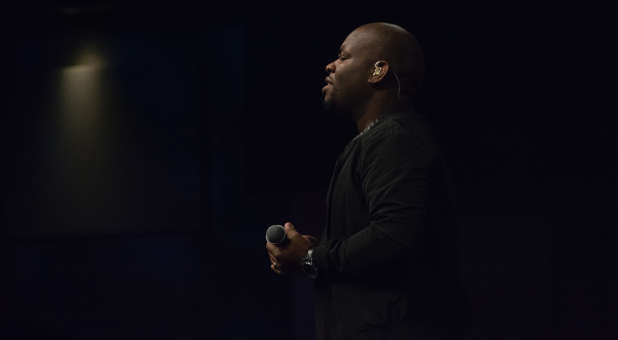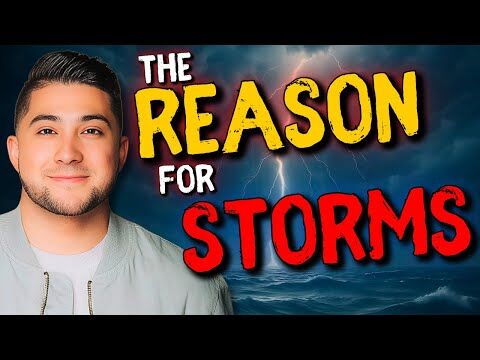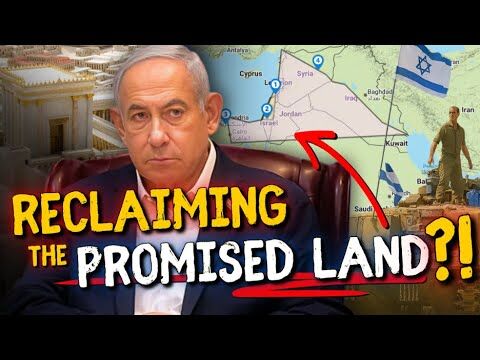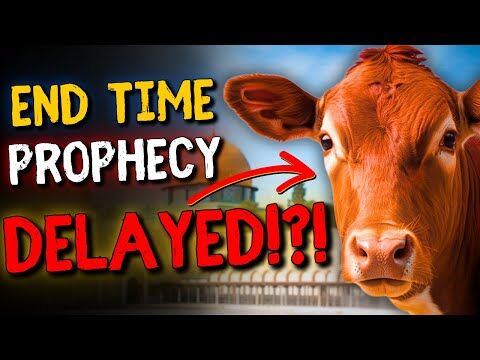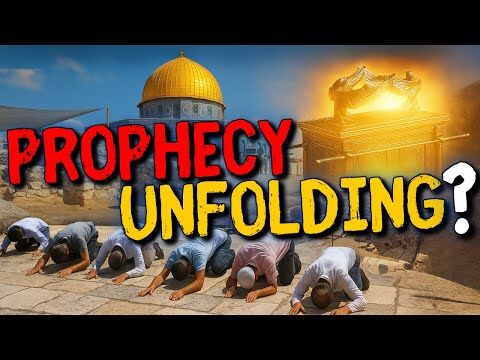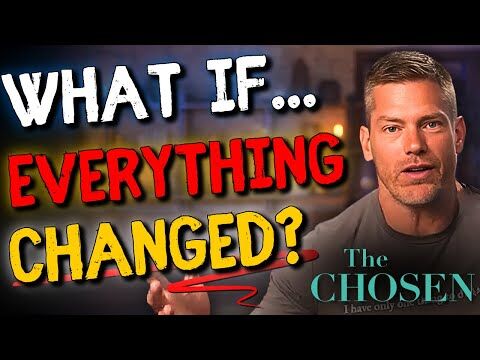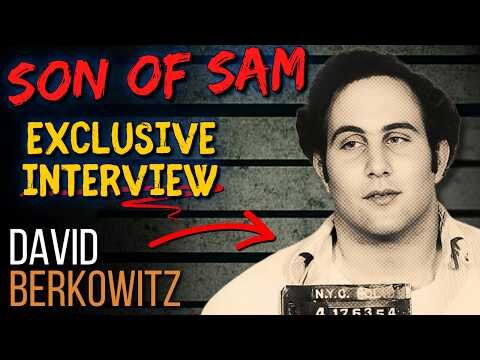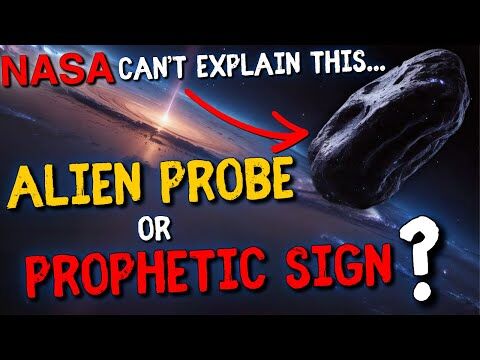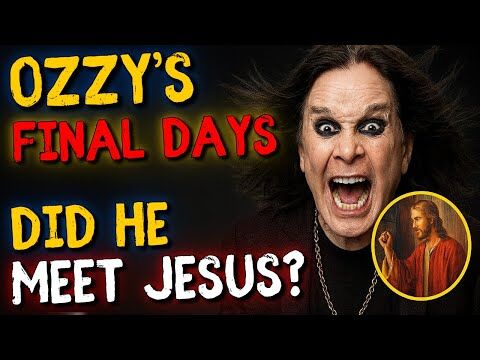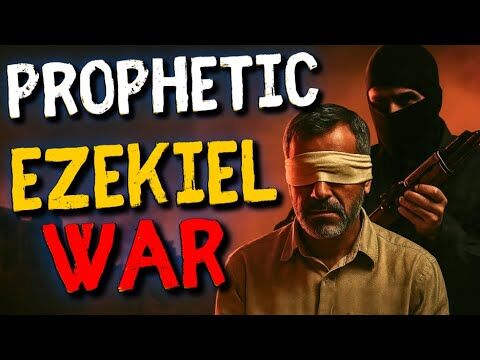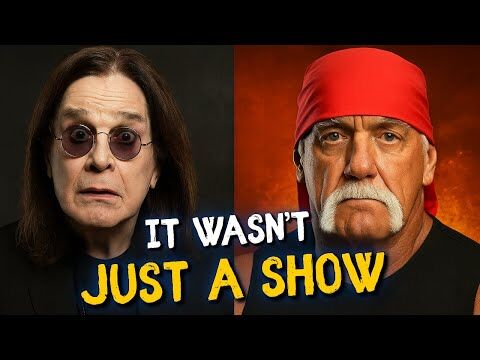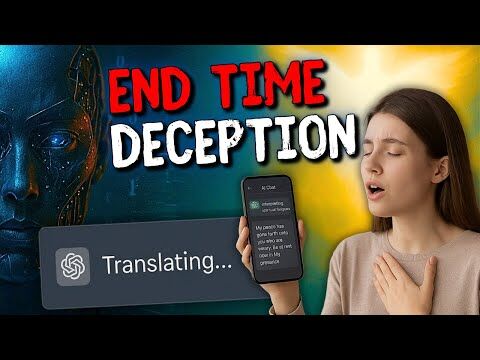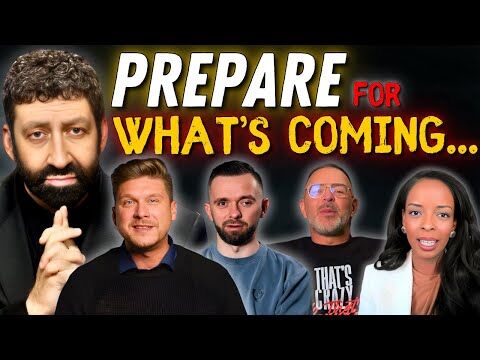February is Black History Month and to continue learning about the establishing, evolution and culture of the Black church, I spoke with African American Christian leaders and educators to guide us through the history of the Black church and the critical purpose it serves as part of the full kingdom.
Our American history is rarely told from the perspective of African Americans because it can be an uncomfortable narrative for the majority population in our nation to hear and understand, but when we highlight one part of the church, it sheds more light on the whole church.
I spoke with Dr. Cheryl Kirk-Duggan who discussed the Jim Crow era in the United States and the ways it can help us understand the Black Church today. Dr. Kirk-Duggan is a professor of religion at Shaw University, which is the oldest historically Black college and university in the south.
The beginnings of Anglo-Saxon superiority: Only a few decades after Jesus’s death, Tacitus wrote a book espousing Anglo-Saxon superiority, which persisted through time and came to the United States with the pilgrims. Three concepts lead to America’s treatment of non-Anglo-Saxon Americans:
— White supremacy, which was rampant within the pilgrims and Puritans.
— Manifest destiny, which justified the murder and plundering of Native Americans.
— American exceptionalism, which claimed that Americans were the best and brightest.
The combination of these three concepts enabled white Americans to justify any and all behavior that oppressed non-white and non-American people.
After the Civil War and the release of those who were enslaved, the 13th Amendment was ratified, indicating that people could still be enslaved if they were deemed to have broken the law. Following the Reconstruction period, troops were taken out of the South, anti-Black media such as Birth of a Nation were widely broadcast and newly-freed Black Americans outnumbered white people in many areas; because of this, fear amongst white Southerners grew exponentially.
The Jim Crow South: With this growing fear, Black Codes developed, restricting Black people’s voting rights, occupational rights and compensation for work. Those who had been Confederate soldiers became judges and police, and as the enforcers of the law, they placed more and more freedmen into labor camps and convict leasing. In 1865, the Ku Klux Klan began, and there were more and more incidences of the destruction of black property, looting of black businesses, torture and lynching, and voter suppression. Despite having helped win the war, many Black WWI veterans were lynched upon their return from overseas, creating divides in trust.
With the 1920s came The Great Migration, as many Black southerners moved to cities such as Chicago and New York in the North. In the segregated South, particularly because of redlining, Black Americans were kept from being able to succeed in non-Black communities. Therefore, Black communities became tightly knit and largely self-sustaining.
Jim Crow laws were state and local laws that enforced racial segregation in the Southern United States. These laws were enacted in the late 19th and early 20th centuries by white Southern Democrat-dominated state legislatures to disenfranchise and remove political and economic gains made by black people during the Reconstruction period
Dr. Kirk-Duggan stated that white supremacy came with the pilgrims alongside their understanding of Christianity. When people get trapped in fear, they move to seek control. Because of this, people used the Bible to support their fear-induced practices, and Scripture could be warped and used to justify every act of oppression on Black people.
The Black church’s identity in the North and the South: Black denominations began growing, and Black churches began using existing hymns and worship to support concepts of freedom and justice for Black people. The Black churches became largely independent from white churches, and though not all Black churches were active in the Civil Rights Movement, the churches became places for Black people to advocate for each other.
The Black churches were founded to help people who had been formerly enslaved to have a chance to worship as full citizens. No matter what work they did during the week, the church was a place where they were somebody, where they could hold offices, and where they could pool their resources. Oftentimes, before there were public schools for Black kids, the churches were the ones educating them and teaching them to read and write.
In the South, many people did not like Black people as a whole; but individuals could be considered parts of white families since many white children were raised by Black maids. In the North, however, Black people were often publicly accepted, though not personally liked. In both the North and the South, there was racism that expressed itself differently.
In the North, there were many institutional churches, which offered occupational and educational classes for members of the whole community, as well as housing. Because of this, no matter where in the country a Black person lived, the church was the primary place where they could be respected, accepted and loved.
Be sure to check out the full podcast episode with Dr. Kirk-Duggan and stay tuned for the other episodes in our History and Evolution of the Black Church series in February. {eoa}
Chantel McHenry is the director of special initiatives and operations at Vanderbloemen, which serves teams with a greater purpose by aligning their people solutions for growth: hiring, compensation, succession and culture. Through its retained executive search and consulting services, Vanderbloemen serves churches, schools, nonprofits, family offices and Christian businesses in all parts of the United States and internationally.
Read articles like this one and other Spirit-led content in our new platform, CHARISMA PLUS.

